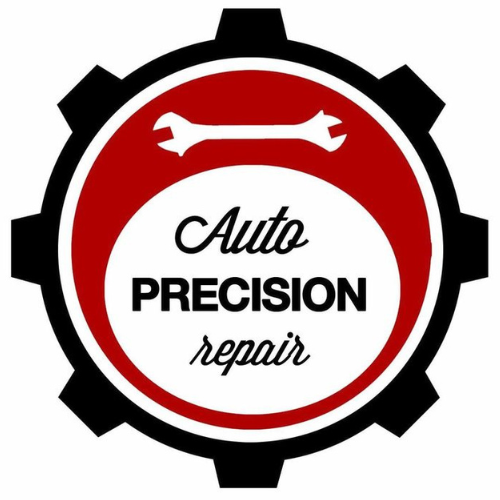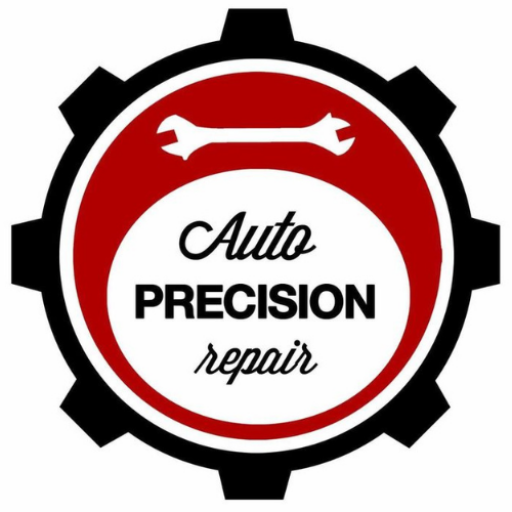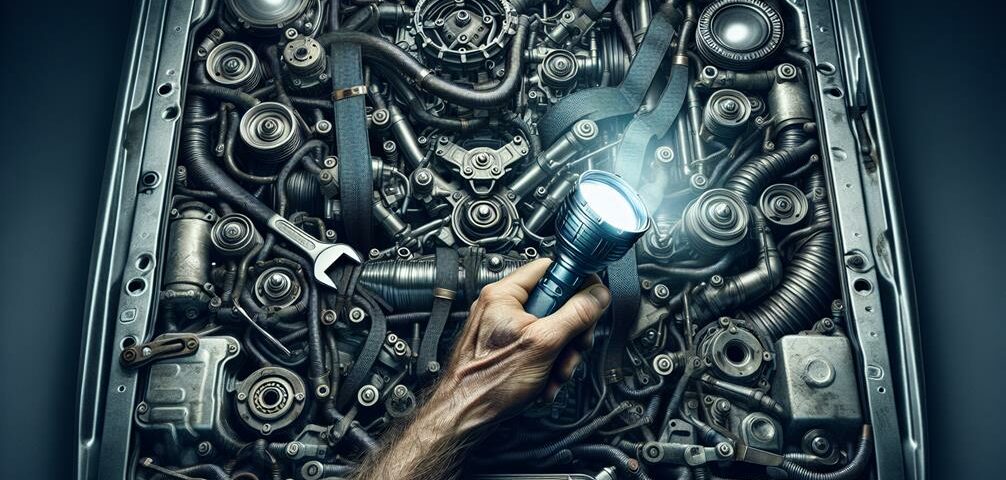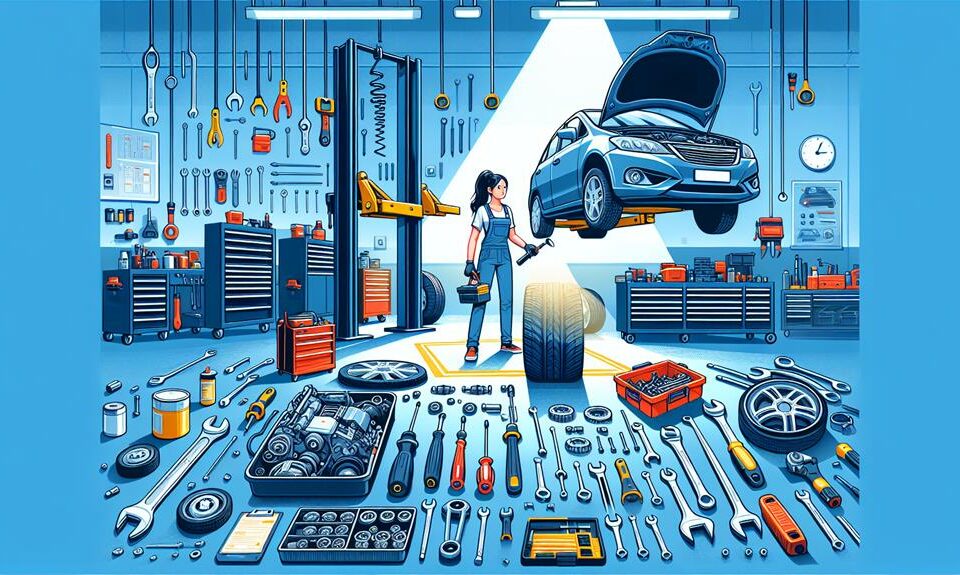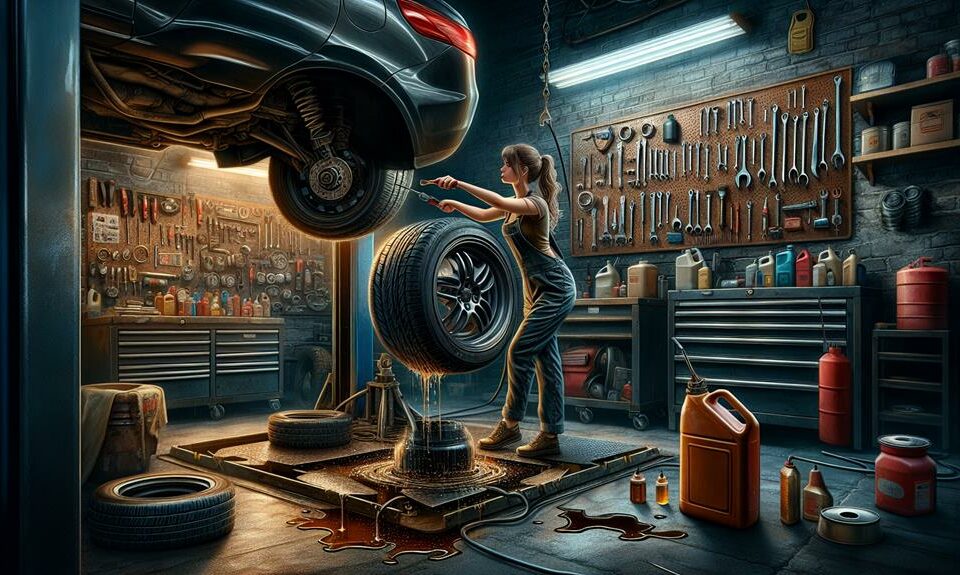Navigating the Complex World of Engine Components: An Auto Mechanic’s Guide

The Essential Auto Mechanic’s Toolbox: Understanding Engine Components
March 6, 2024
Elevate Your Auto Mechanic Skills With Advanced Engine Component Knowledge
March 6, 2024Just as you’re about to finish your shift, a 1967 Chevrolet Impala rolls into your auto shop, and you’re tasked with restoring its vintage engine to its former glory.
You can’t help but laugh at the complexity of it all; every engine component intertwining with each other, where a fault in one part can send the whole system into chaos. It might seem daunting, but don’t worry. This guide will help you navigate the intricate world of engine components.
From basic parts like the spark plug and carburetor to advanced systems such as the fuel injection and emission control systems, you’ll gain a thorough understanding of each component’s role in the larger ensemble.
We’ll also touch on the latest trends in engine technology that are transforming the auto mechanic industry. So, are you ready to roll up your sleeves and get your hands dirty?
Understanding Basic Engine Components
Let’s dive right into the heart of your vehicle by breaking down and understanding the fundamental components of an engine. It’s a complex piece of machinery that’s more than just a bunch of metal – it’s a community of parts working in harmony. Now, you’re not just a car owner, you’re part of that community.
The engine block, the sturdy foundation, houses cylinders where the magic happens. Pistons, residing in these cylinders, move up and down, creating power from fuel. They’re connected to the crankshaft, which transforms the piston’s linear movements into rotational ones that your car’s wheels need.
Understanding these basics isn’t just knowledge, it’s belonging. You’re now part of a world that respects the power and design of engines.
Mastering Advanced Engine Systems
Now that you’re familiar with the basic components, it’s time to delve deeper into the sophisticated systems that enhance the performance and efficiency of your engine.
Think of fuel injection systems, they deliver fuel directly into the cylinders, ensuring optimal combustion.
You’re also dealing with turbochargers, which use exhaust gases to compress incoming air, boosting power output.
Don’t forget variable valve timing, it adjusts the timing of the intake and/or exhaust valves to improve efficiency.
And then there’s the engine control unit, the brain of the engine, fine-tuning countless parameters for peak performance.
As you master these systems, you’ll be able to diagnose and fix issues with greater precision. Remember, every bit of knowledge shapes you into a better auto mechanic.
